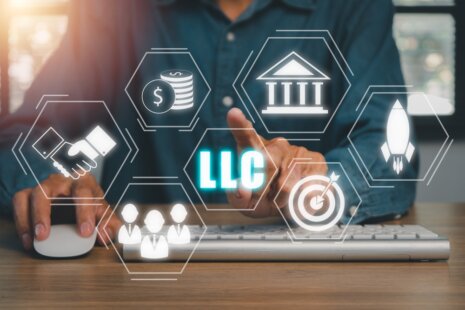Learning basic accounting duration depends on prior knowledge, complexity of concepts, study efforts, and learning style.
Here’s a general overview of what to expect…
1. Basic Accounting Principles – If you’re starting with no prior knowledge of accounting, it may take several weeks to grasp the fundamental accounting principles and concepts. This includes understanding concepts such as the accounting equation, debits and credits, types of accounts (assets, liabilities, equity, revenue, and expenses), and basic financial statements (such as the balance sheet and income statement).
2. Bookkeeping Skills – Learning basic bookkeeping skills, such as recording transactions, maintaining ledgers, reconciling accounts, and preparing financial statements, may take a few months of study and practice. Bookkeeping is the foundation of accounting, and mastering these skills is essential for accurate financial record-keeping.
3. Accounting Software – Familiarizing yourself with accounting software programs, such as QuickBooks or Xero, can take a few weeks to a few months, depending on your comfort level with technology and the complexity of the software features. Many accounting programs offer tutorials, online courses, and practice exercises to help you learn how to use them effectively.
4. Practice and Application – Mastery of basic accounting concepts and skills typically requires ongoing practice and application. Working through exercises, case studies, and real-world scenarios can help reinforce your understanding and build confidence in applying accounting principles to practical situations.
5. Formal Education vs. Self-Study – The time it takes to learn basic accounting may also vary depending on whether you’re learning through a formal education program (such as a college course or vocational training) or self-study using textbooks, online courses, or other resources. Formal education programs typically provide structured learning experiences with guided instruction and assessments, while self-study requires greater self-discipline and motivation.
Overall, while you can acquire a basic understanding of accounting principles relatively quickly, achieving proficiency and mastery may take several months of dedicated study and practice. Note that learning accounting is a gradual process, and it’s normal to encounter challenges along the way. Stay patient, persistent, and focused on building your knowledge and skills over time.




